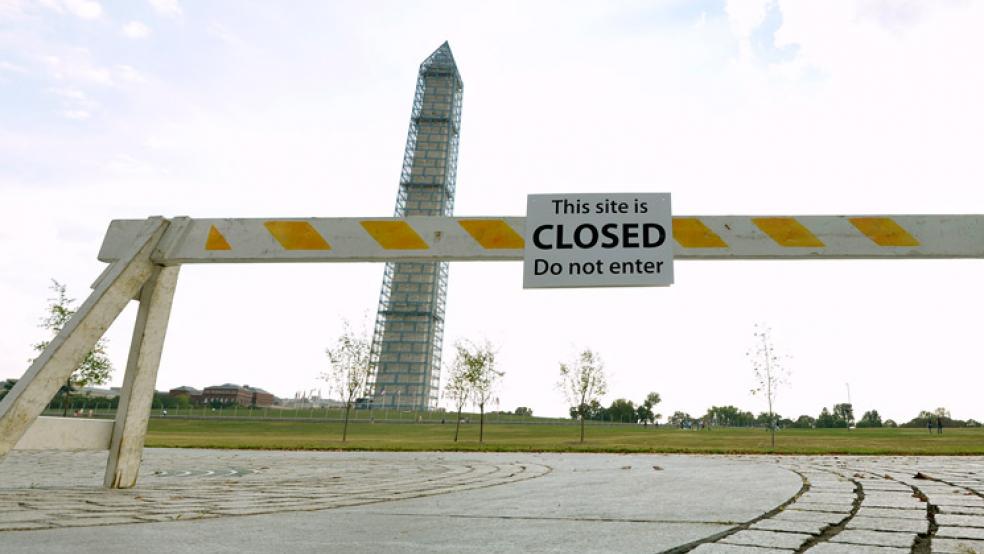Although Republicans have produced a last-minute bill that would avoid a government shutdown, there’s still a fair chance that lawmakers will fail to agree on the path forward in the next 36 hours, resulting in the loss of some federal functions starting at midnight on Friday. Here’s a rundown on what that would mean for different agencies and services.
* The military would not get paid. The Department of Defense warned Thursday that in the event of a shutdown, troops will not receive their paychecks, typically issued at the end of the month. The nation’s roughly 2 million military personnel would nevertheless be required to report for duty, both at home and abroad. The roughly 800,000 civilians who work for the military will also not receive their pay, including the 400,000 who would still be required to report to their offices.
* Hundreds of thousands of federal employees would be furloughed. Many nonessential federal workers would be told to stay home without pay. Each agency will have its own plan for how to operate during the shutdown, and many would define the majority of their workers as nonessential.
* National parks and museums would close.
* Air traffic controllers and TSA screeners would be required to work without pay. Federal workers in the transportation system are deemed essential and are required to report to work, though without pay. Absenteeism among airport workers could hinder operations.
* Federal courts would operate until funds run out. Federal courts could maintain their schedules relying on fees and other funding, but a long shutdown would eventually force courts to cut back on their activities.
* Wall Street cops step off the beat. The Securities and Exchange Commission would maintain a skeleton staff, with 90% of its 4,600 employees sent home.
* Some White House staff would be furloughed. Essential workers would remain on duty, but more than half of the workers at the White House could be furloughed. In the 2018-2019 shutdown during the first Trump administration, 1,100 of the 1,800 staff in the Executive Office of the President were furloughed.
* Lawmakers would get paid, but staff would not. Members of the House and the Senate would continue to receive their paychecks, but those who work for them would be told to stay home.
* Congress eventually pays the bill. In the past, Congress has paid furloughed workers for the days they missed. But Congress can’t make up for the losses experienced by non-government workers and business owners as a result of the shutdown. According to the Congressional Budget Office, the shutdown in the first Trump administration cost the economy about $3 billion.




